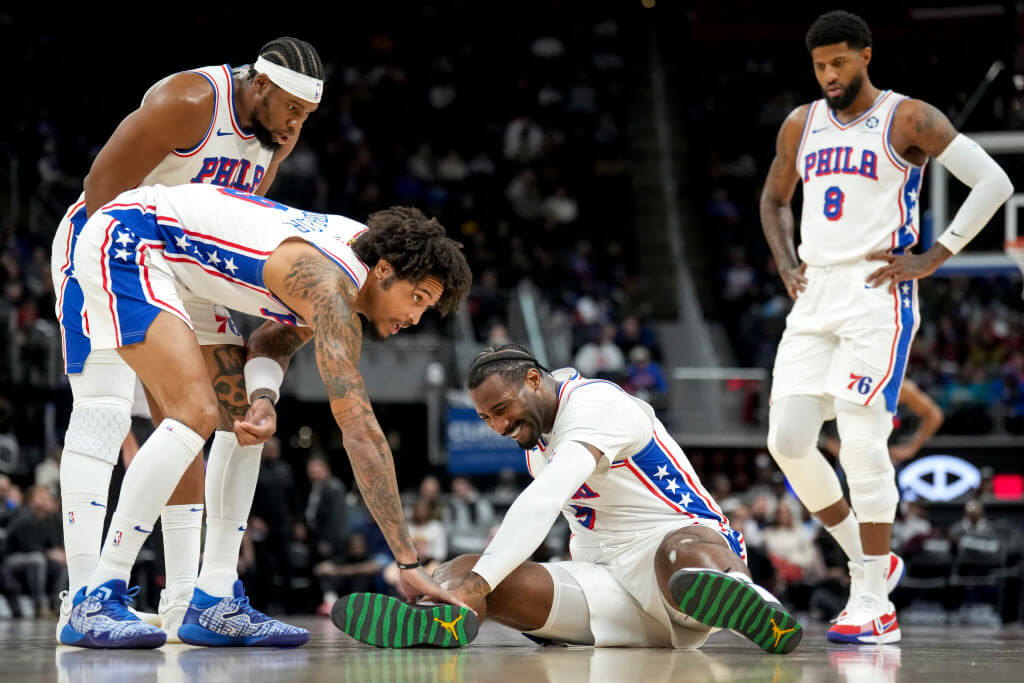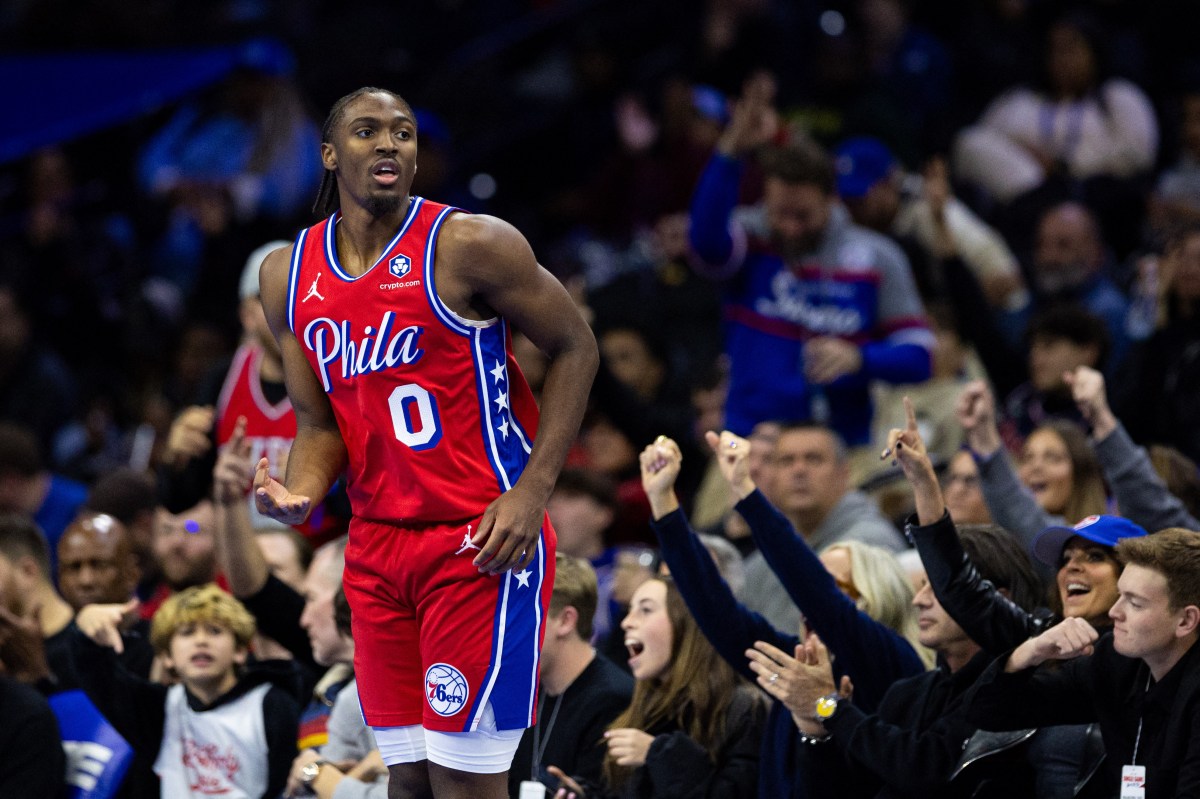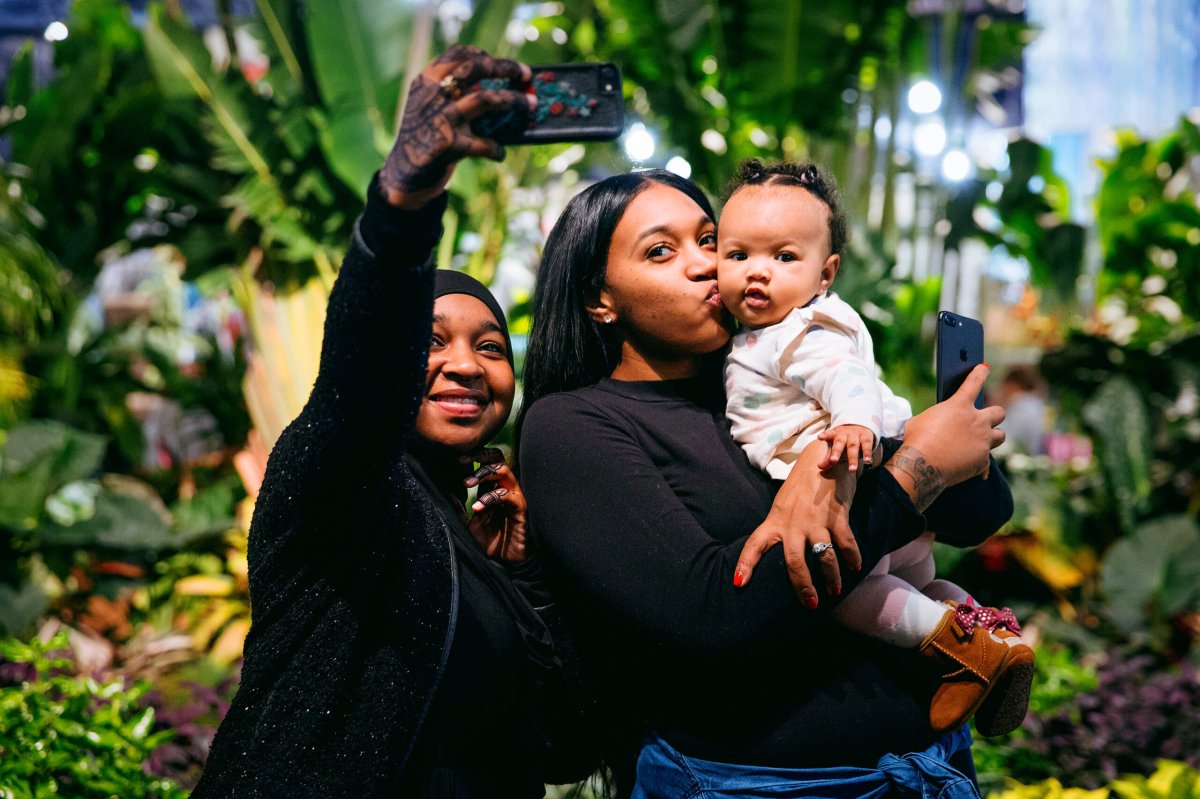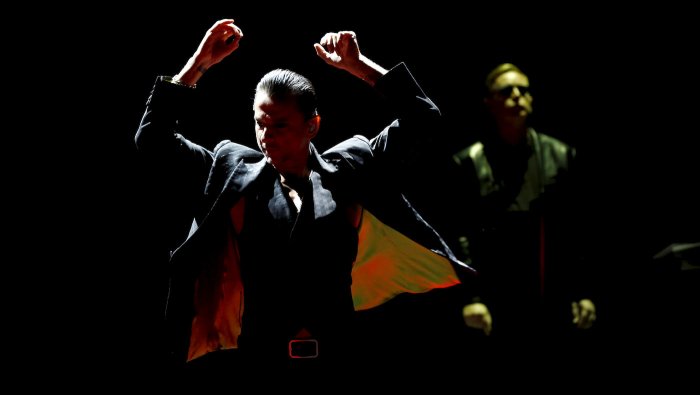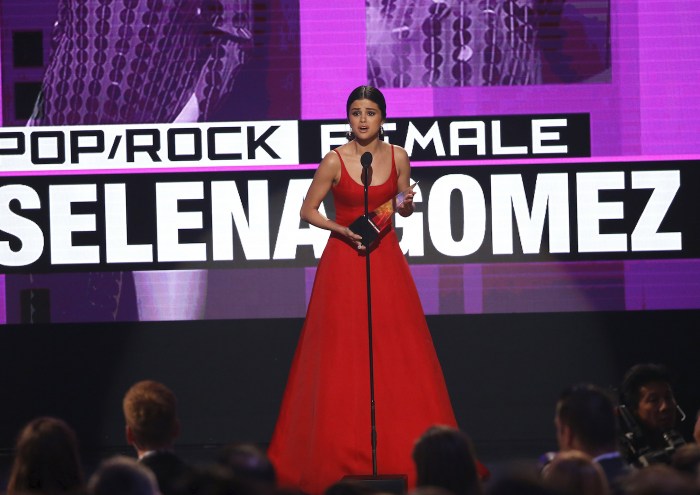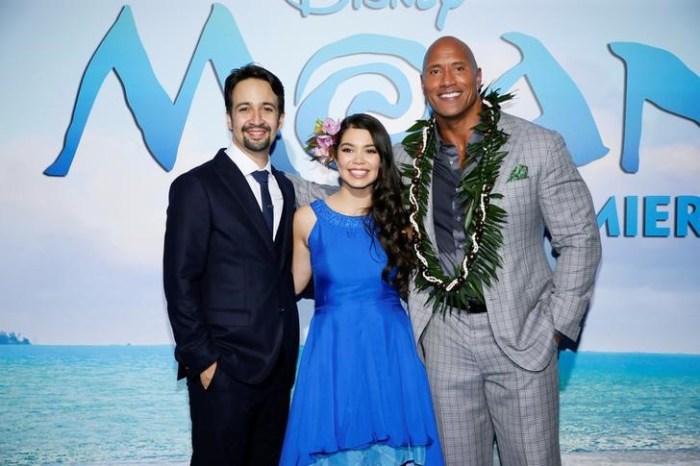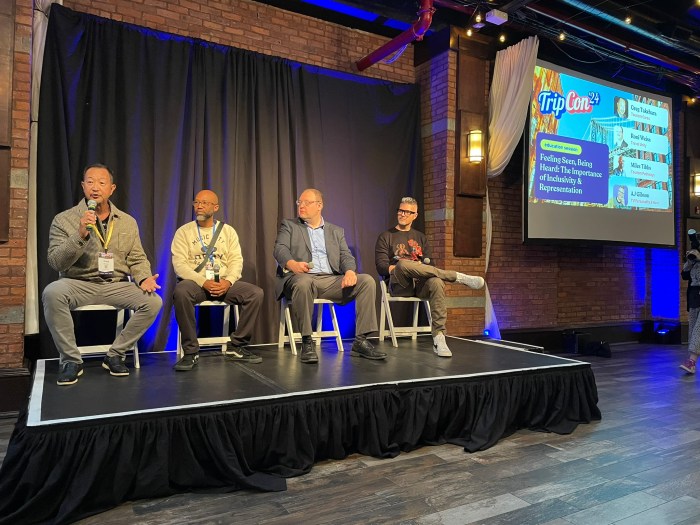By Serena Chaudhry
(Reuters) – Singer Rahat Fateh Ali Khan, known for both Bollywood hits and Qawwali, Sufi devotional music that dates back more than 700 years, is taking the two genres to Britain in August for three concerts. Khan, who performed at last year’s Nobel Peace Prize awards, said his brief British tour would include classical music from Pakistan as well as popular songs from Indian movies, including the recent film “Sultan”. In one of his first interviews with international media, Khan spoke about the challenges faced by the Pakistani music industry and his efforts to promote the musical legacy of his uncle, Nusrat Fateh Ali Khan, a Qawwali master who died in 1997. Q: What can people expect from your concerts in London, Manchester and Coventry?
A: “We’ll be performing three segments for viewers and listeners. The first one is the music they’ve been listening to for many years. The other segment we’ll perform is what they miss, and that’s the ‘unplugged’ version. And the third segment, which is the most important (one) that they miss, is Qawwali. We’ll perform all three segments over more than three hours.” Q: What is it like to be part of an acclaimed musical family?
A: “I think that our family is very fortunate, very lucky, that on their own merit, from themselves, using whatever means necessary, singing Qawwali, in all corners and areas, in every place, singing in villages, they’ve promoted it. Its reputation, its respect, they’ve increased this for the listeners. It’s not a bad thing to have done. It gives birth to spirituality and brings peace to life that everyone would have experienced, whoever is a Qawwali listener, they would see how calm they are.” Q: If there was anyone in the world you could collaborate with on a song, who would it be?
A: “He is no longer in this world. Michael Jackson. I’m a fan of his, a very big fan. Unfortunately, it did not happen. After him, the next person I liked was Whitney (Houston). And even she … I think I’m so much late.” Q: What is the future of the music industry in Pakistan?
A: “In Pakistan, there’s the unfortunate situation that there is no music label there to promote music like there used to be … (But) Pakistani artists are still recognized. This is their greatness. I will say that the pride within them, the frustration, the power, it is this which takes them forward.” Q: What’s the main difference between working in the Pakistani and Indian film industries?
A: “The difference in working in Pakistan is that in the past 40 years, Pakistan’s music has not been accepted by the masses. It’s only in the last 10 years that people in the industry have taken it into their hearts, or started to think about it. It’s only been 10 years. Before that, the circumstances were really bad. People didn’t even want their children to learn. But in the Indian film industry, from the moment a child is born, he is taught music, he is taken for classical classes.” Q: What’s next for Rahat Fateh Ali Khan?
A: “My upcoming projects are quite different, in which there is also international collaboration … we’ll launch this in 2017. And then there’s “Jag Ghoomeya” (a song from the movie “Sultan”), which has just been released. People have liked it quite quickly and its had millions of hits just within days. It’s a great song, very soulful tune, very Bollywood. And let me tell you that people are listening to Bollywood a lot. So for me, it’s necessary to give importance to Bollywood. Because this way, then people will listen to my music. And when they listen, then I will sing whatever I wish, whatever’s right, to the audience, and they will listen to it.” Q: You were taught the Qawwali form by your uncle. Are you passing on this tradition? Who are you teaching, who is your prodigy?
A: “My brother, Wajahat Ali Khan, and my son, Shazman Ali Khan. My son, Shazman Ali Khan, he’s 12 years old. Today, he’s producing the kind of work that people who are around 36 years old usually produce … He creates the music himself. He’s started by himself to start playing the harmonium and he can even pick out my faults because he loves to listen to his grandfather, Nusrat Fateh Ali Khan. In today’s world, where there’s Justin (Bieber), this generation he’s in, as a 12-year-old child, should listen to Justin. But at this age, he’s listening to maestro Nusrate Fateh Ali Khan. He doesn’t even listen to me.” Q: Where do you get your inspiration from?
A: “I always think that for each day of my life, the tune of that day is particular to that day. Each day brings a different tune and I follow whatever it is.”
(Editing by Robin Pomeroy; Follow Serena on Twitter @SerenaChaudhry)







